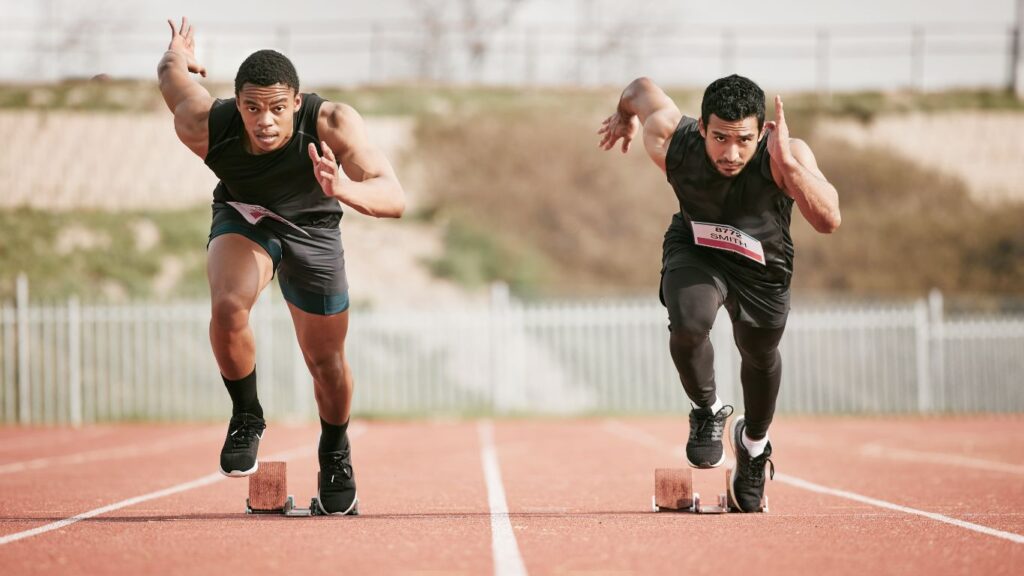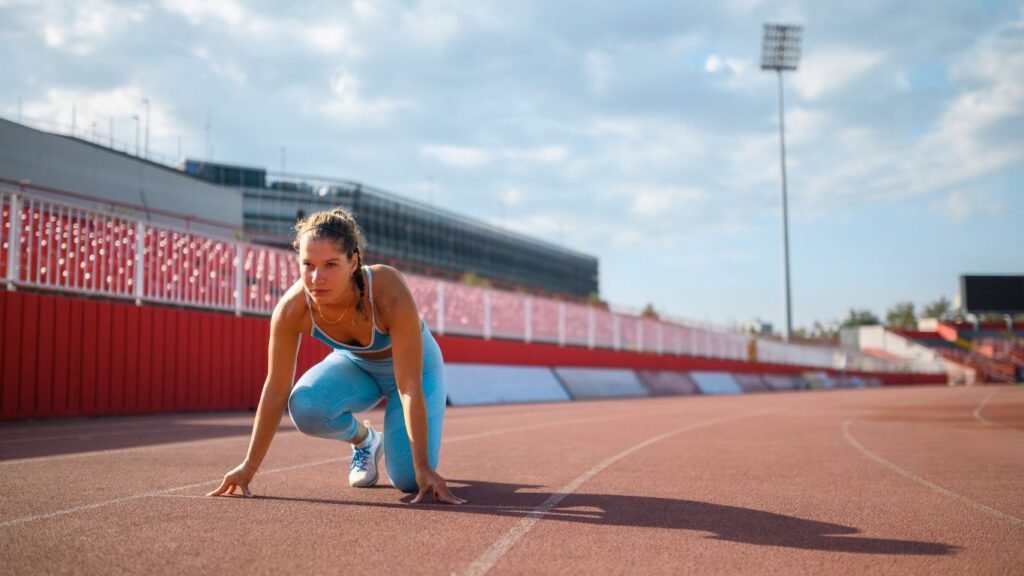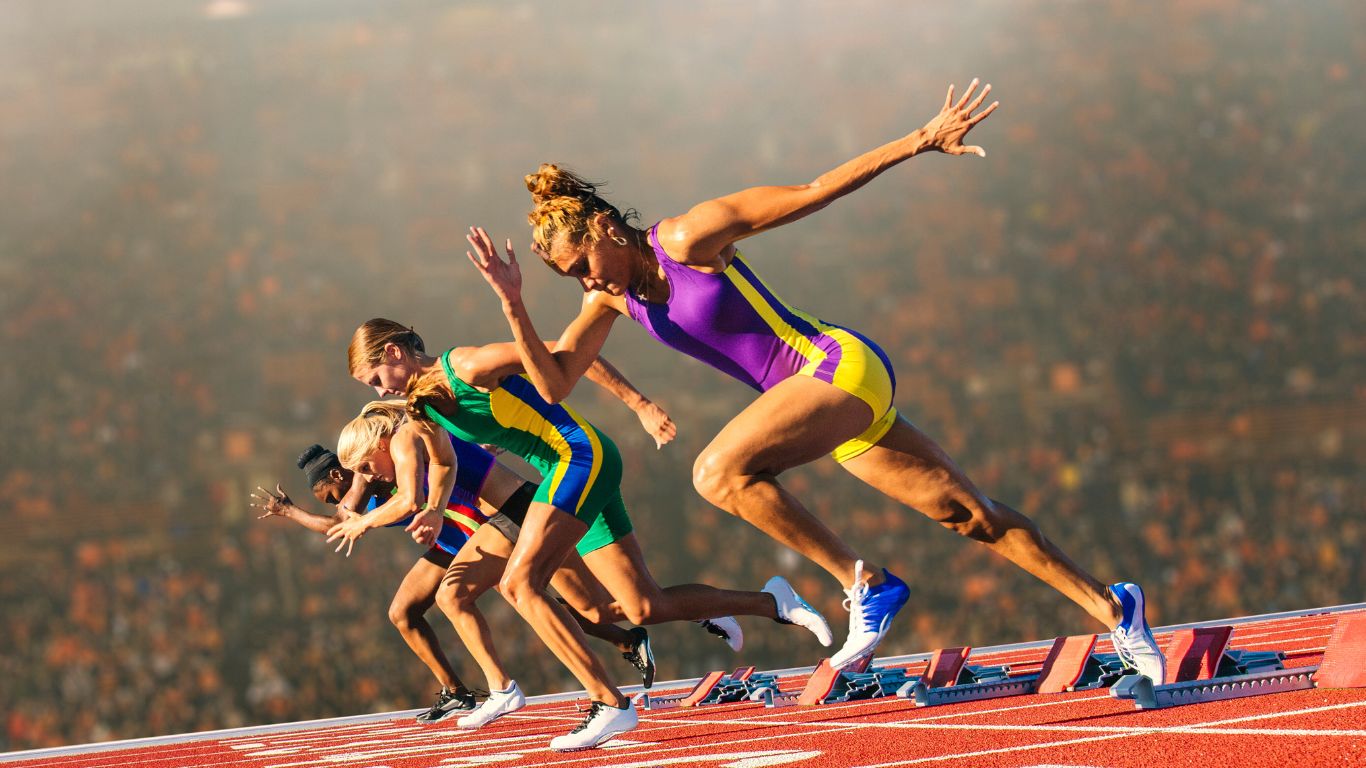Understanding the definition of “athletic” in general use involves exploring its various dimensions. This term often describes physical abilities, activities, lifestyle, and even clothing or gear associated with sports and fitness. Here’s a comprehensive look at what “athletic” entails.
Definition of “Athletic”
In general, “athletic” refers to qualities, activities, or individuals associated with physical prowess, agility, and endurance, often within the context of sports, fitness, and competitive activities. This term encompasses the physical abilities required for various sports and the dedication, discipline, and competitive spirit that define an athlete.
Origin and Historical Usage

The term “athletic” has its roots in ancient Greece. Derived from the Greek word “athletes,” which means “contestant in the games,” it historically pertains to individuals who participated in physical contests and exercises. The ancient Olympic Games, held in Olympia, Greece, celebrated athletic prowess, showcasing running, wrestling, and chariot racing disciplines.
Historical Figures and Examples
- Milo of Croton: An ancient Greek wrestler and six-time Olympic champion known for his extraordinary physical strength and endurance.
- Jesse Owens: His remarkable performance at the 1936 Berlin Olympics, where he won four gold medals, became a symbol of athletic excellence and a powerful statement against the Nazi ideology of Aryan superiority.
- Miracle on Ice (1980 Winter Olympics): The US ice hockey team’s victory over the Soviet Union highlighted teamwork, perseverance, and competitive spirit.
Athleticism in Sports
Physical Abilities and Skills
Athleticism in sports involves a combination of physical attributes such as:

- Strength: The ability to exert force.
- Agility: The capability to move quickly and easily.
- Endurance: The stamina to sustain prolonged physical effort.
- Coordination: Harmonious functioning of muscles to execute movements smoothly.
Mental Aspect of Athleticism
Athleticism is not solely about physical abilities. The mental component is equally significant, involving:
- Focus: Concentration on the task at hand.
- Determination: Persistence in achieving goals despite obstacles.
- Competitive Spirit: The drive to compete and excel.
Training for Athletic Performance
Training to enhance athletic performance involves various exercises and routines tailored to improve specific physical attributes. These may include:
- Strength Training: Weight lifting, resistance exercises.
- Cardio Workouts: Running, cycling, swimming.
- Flexibility Exercises: Stretching, yoga.
- Skill Drills: Sport-specific practice sessions.
Impact of Genetics on Athleticism
The nature vs. nurture debate is prevalent in discussions about athleticism. While genetic factors can influence physical attributes like muscle composition and metabolism, environmental factors such as training, diet, and mental conditioning also play crucial roles in developing athletic abilities.
Does Athleticism Translate to Success in Life?
Athleticism can have broader implications beyond sports. Traits such as discipline, determination, and teamwork, honed through athletic activities, often translate to success in various life endeavors, including professional and personal pursuits.
Frequently Asked Questions (FAQs)

What is the difference between being athletic and being fit?
While both terms are often used interchangeably, being athletic usually implies higher performance in sports and physically demanding activities. It involves general fitness and specific skills like agility, strength, and endurance tailored to particular athletic pursuits. On the other hand, being fit generally refers to a state of health and well-being achieved through regular physical activity and a balanced lifestyle.
Can anyone become athletic through training?
Most people can develop athletic qualities through consistent training, a proper diet, and mental conditioning. While genetics play a role in natural aptitude for specific physical attributes, dedication to training and a tailored fitness program can significantly enhance one’s athleticism.
How important is nutrition in achieving athletic performance?
Nutrition is crucial for athletic performance as it provides the energy and nutrients needed for training and recovery. A balanced diet of proteins, carbohydrates, fats, vitamins, and minerals supports muscle growth, endurance, and overall physical health. Hydration is also fundamental to maintaining peak performance levels.
What is the role of rest in athletic training?
Rest and recovery are essential components of athletic training programs. Rest allows the body to repair and strengthen itself between workouts. Without adequate rest, the risk of injuries and overtraining increases, which can impede progress and negatively affect performance.
Are there mental exercises that can improve athleticism?
Mental exercises such as visualization, meditation, and mindfulness can enhance focus, reduce stress, and increase overall mental resilience. These practices help athletes maintain concentration, foster a positive attitude, and improve performance under pressure.
Is it possible to maintain athleticism later in life?
Though the primary focus might shift as we age, maintaining athleticism is possible with regular physical activity, proper nutrition, and mental conditioning. Adapting routines to fit age-related changes in the body can help maintain strength, agility, and overall health.
How do sports psychologists contribute to athletic performance?
Sports psychologists help athletes improve performance by addressing mental and emotional challenges. They provide techniques for enhancing focus, managing stress, overcoming performance anxiety, and fostering a positive mindset, which is crucial for athletic success.
Conclusion
Athleticism is a multifaceted concept encompassing physical, mental, and genetic factors. It involves the physical abilities required for sports and the focus, determination, and competitive spirit that define an athlete. Understanding what it means to be athletic provides valuable insights into this quality’s broader implications in sports and life.
—
If you want to explore how to enhance your athletic abilities or integrate athletic principles into your lifestyle, consider booking a session with one of our experts. They can provide personalized guidance tailored to your specific goals and needs.










